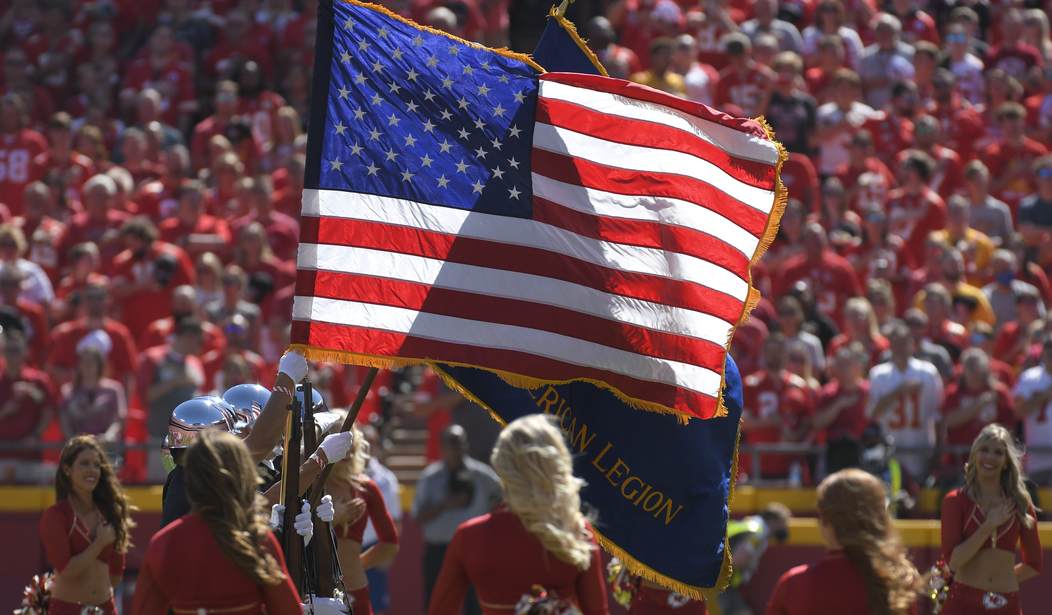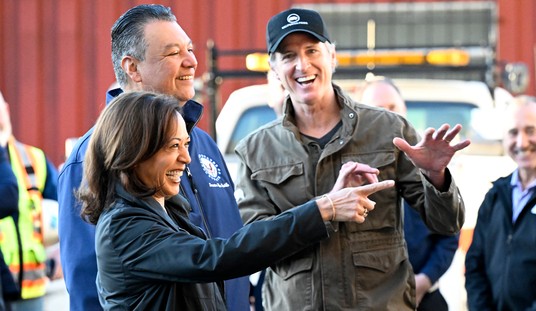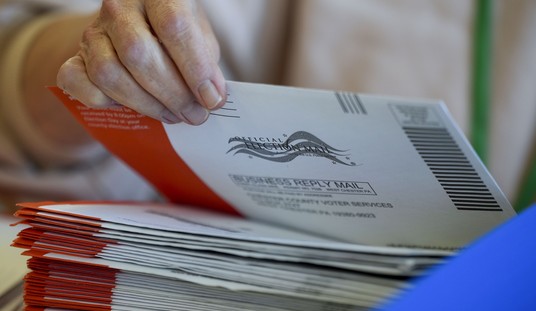Every political and social movement changes. Political parties change over time. Societal attitudes change over time. Over the last few decades, the Democrats have gone from the party of blue-collar, union labor and tradesmen (oh, and Southern segregationists) to the party of the coastal elites, academia, and the "progressive" Left. The GOP has captured much of that blue-collar vote, along with the rural areas and small businessmen, having gone, as someone once famously said, from "country club Republicans to Sam's Club Republicans."
Lately, it seems, these changes have been accelerating. The conservative movement has certainly changed since the Presidential candidacy of Barry Goldwater, who is generally regarded as bringing modern conservatism to the mainstream. The movement is, in fact, going through some pretty significant changes - and challenges - at the moment. In the Eighties - the Reagan years - the GOP was still in "country club" mode, and what Democrats called the Religious Right was still very influential.
In a prior era, the sturdy “three-legged stool” model of conservatism, which Frank Meyer dubbed “fusionism,” successfully combined advocacy of free-market economics, traditional morality, and anti-Communism.
Then, in the Nineties and early Oughts, the first big change of the modern political era began to happen.
Then, toward the end of the twentieth century, things changed. The Soviet Union collapsed, the global economy emerged, and in place of the Cold War came futile interventionism and “nation building” in the Middle East. Big Business, once a champion of the national interest, put its muscle behind free trade and open borders. Republican elected officials followed suit, even if the GOP platform paid lip service to the importance of controlling illegal immigration.
Enter Donald Trump, and right-of-center thought had to adjust itself to a man who was the very definition of a bull in a china shop. President Trump wasn't part of the establishment, at least not at first, and in trying to apply Trump methods to our overbearing federal government and the depths of corruption that the denizens of that government were involved in, he (maybe inadvertently) shone some bright lights in many dark corners.
Post-Trump, conservatism is still trying to regain its bearings—unable to agree on what is worth conserving. The center-right coalition is busy re-inventing itself—or trying to. The Republican Party now appeals primarily to non-college-educated middle-class Americans in the heartland, while coastal elites, urban enclaves, and suburban women “belong” to the Democrats. What does this mean in terms of policy prescriptions? The once-united scribblers on the Right are now fragmented, and sometimes antagonistic to one another. Some of the suggested policy prescriptions deviate markedly from the Reagan-era paradigm, but that’s the point. New is better. Or is it?
Here's an important point: We are not, really, "post-Trump" yet. Donald Trump is still a major figure in the American political landscape, and he and his supporters will continue to be major figures for at least two more election cycles; probably more.
The question is this: Where does the conservative movement go from here?
Donald Trump did, at times, wield the apparatus of the federal government pretty heavily, most especially in the COVID actions that may have been the biggest miscalculation of his life.
Politics now is getting dirtier by the day. And the GOP is floundering. But increasing government power, and using the power to tax, regulate and punish for political purposes isn't the answer.
Which brings us to 2024.
If the GOP wants to win elections in 2024, they need a theme. They need to offer positives, a way ahead. Just being the anti-Biden (or, let's face it, the anti-whoever they run in his place; there's no way he'll be the candidate) won't be enough. And, yes, re-litigating the last election won't be enough.
So, what should they offer? How about liberty?
How about reducing the federal Colossus? How about taking a look at the Constitution and defunding and disbanding all of the many and varied federal agencies and institutions that are disallowed by the Constitution? How about auditing the Fed? How about bringing federal spending down to some limit, one based on, perhaps, sanity? Peruse the news sites and the talking heads in the media, and you won't see this put forth as a campaign issue by any of the major Presidential candidates. Oh, sure, they'll talk about nibbling around the edges; what Washington, D.C. and the American people need is for someone to go in swinging a meat axe.
Whether the GOP's candidate be Donald Trump, Ron DeSantis, or someone else, they need to look ahead, not back. Advocating for liberty and reducing government interference in the everyday affairs of citizens could be a strong message. There are signs that the political pendulum is starting to swing back to the right among the up-and-coming Gen Z, and the Republicans would be well-advised to take advantage of that.














